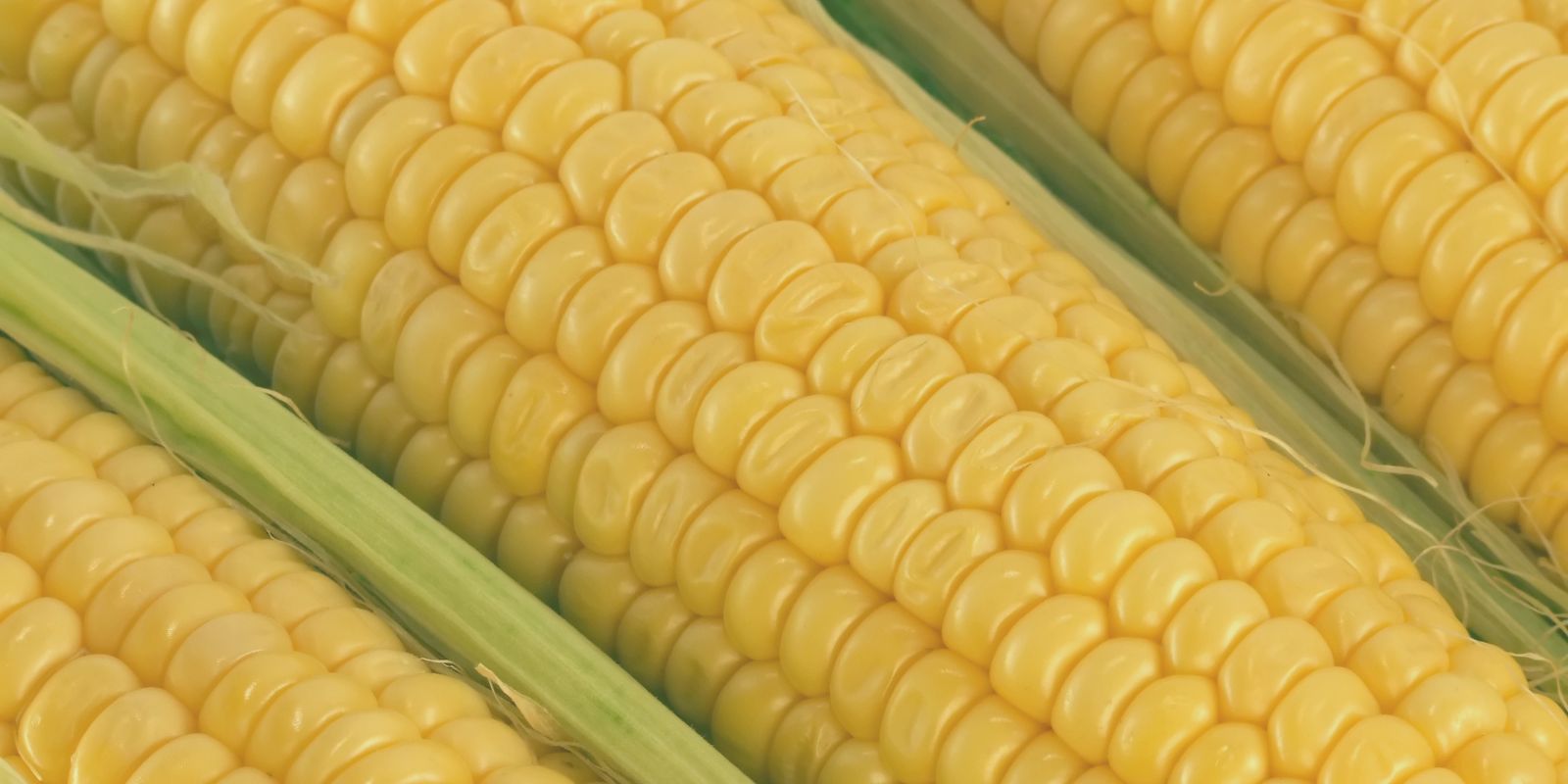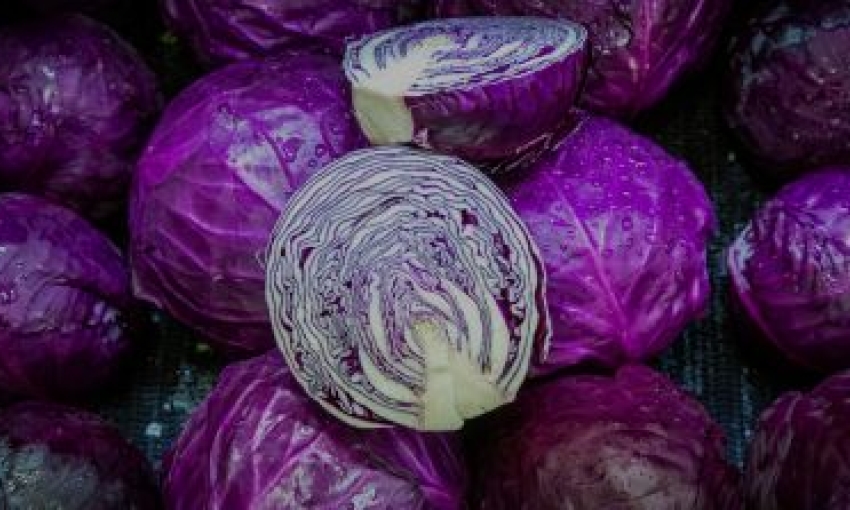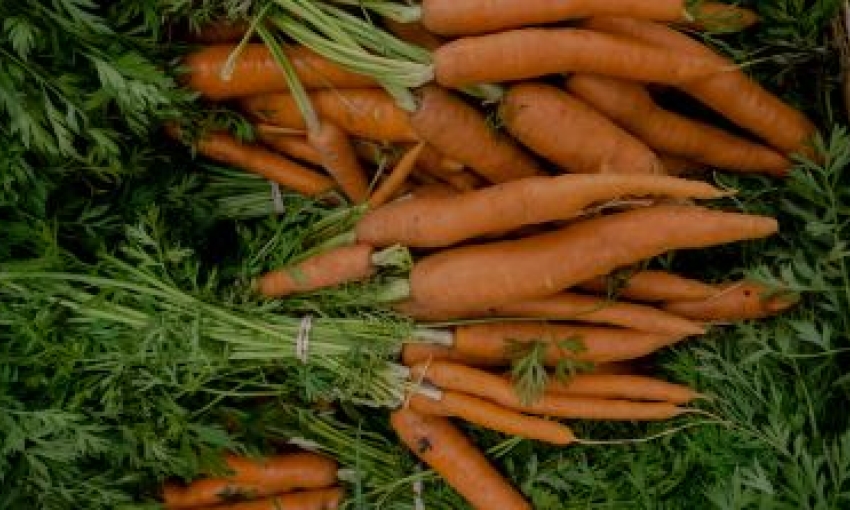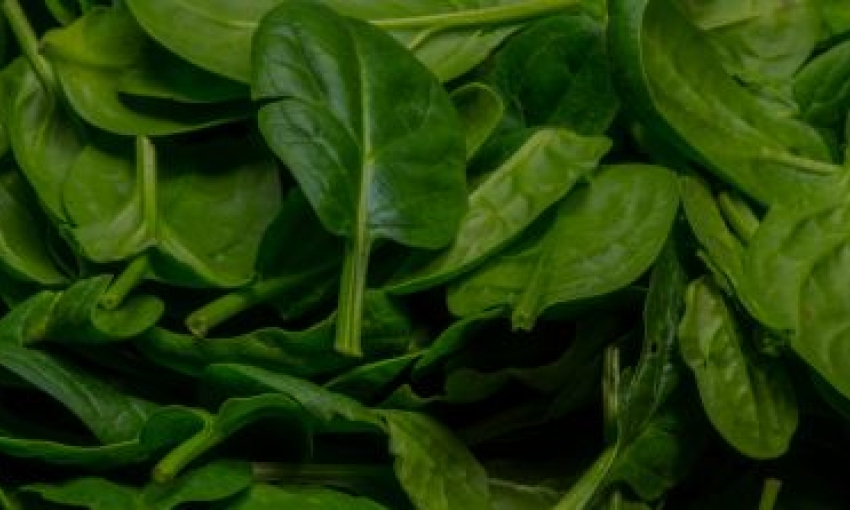
About the Tool
When food is lost between farm and fork, the energy, water, fertilizer, and other resources along the value chain that went into producing this food are also wasted. In addition, food that is discarded often decays generating methane, a highly potent greenhouse gas. With support from GAFSP and the Government of the Netherlands, IFC, in partnership with Carbon Trust, developed a first-of-its-kind tool to estimate the GHG and cost savings associated with reducing food losses. The tool reports GHG emissions broken down by value chain phase (production, transport, storage, processing, retail, and landfill) for 50 crops/foods in 117 emerging countries. The tool was peer-reviewed by FAO and Cranfield University.
Our MethodologyContext
2
billion more people by 2050
Putting increased demand on food production systems and increasing food insecurity
1/3
of the food produced in the world is lost or wasted
One effective way to meet the demand for more food is to reduce the significant food loss and waste
Scope of Tool
50
crops and animal products
The tool analyzes food loss rates and GHG emission factors for different crops and animal protein products.
117
countries
East Asia and the Pacific, Europe and Central Asia, Latin America and the Caribbean, Middle East and North Africa, South Asia and Sub-Saharan Africa



